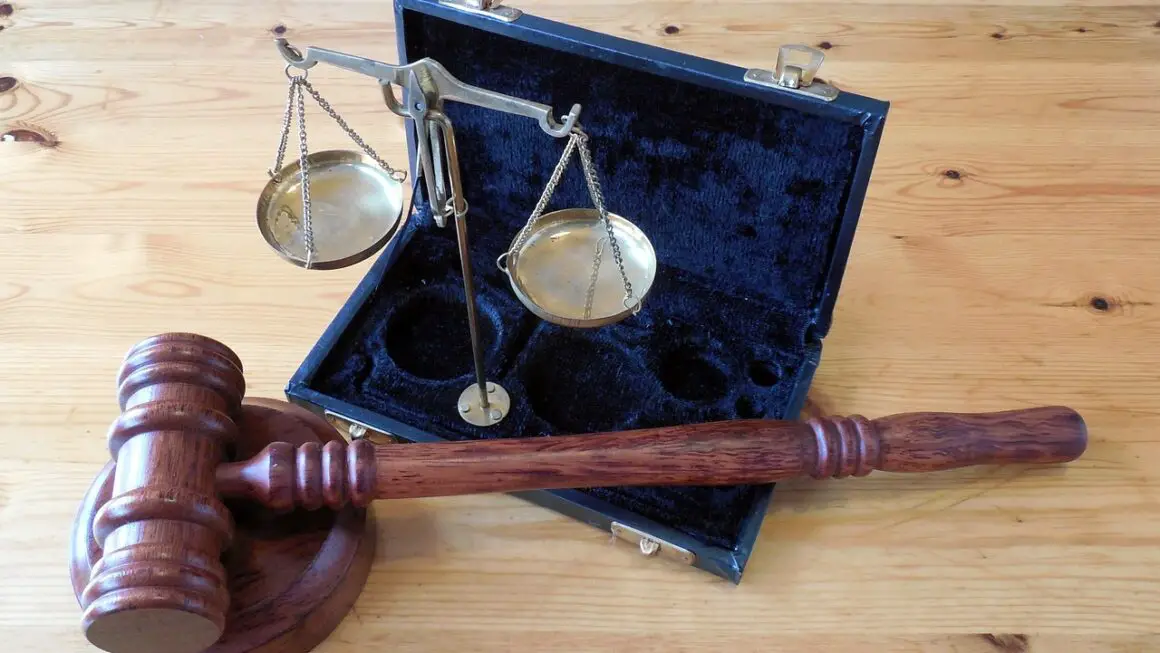Navigating the legal system can be daunting, especially when facing complex issues like family law disputes, housing problems, or criminal charges. The cost of legal representation can quickly become prohibitive, leaving many individuals feeling helpless and without recourse. Fortunately, legal aid exists to bridge this gap, providing essential legal assistance to those who otherwise couldn’t afford it. This post will delve into the world of legal aid, explaining what it is, who is eligible, what services are provided, and how to access it, ensuring you have the information needed to navigate the legal landscape with confidence.
What is Legal Aid?
Legal aid is a government-funded program that provides legal assistance to individuals who cannot afford to hire a lawyer. Its primary goal is to ensure equal access to justice, regardless of socioeconomic status. Legal aid aims to level the playing field, allowing vulnerable individuals to understand their rights, navigate legal proceedings, and receive fair representation.
The Purpose of Legal Aid
- Ensuring Equal Access to Justice: Legal aid programs strive to eliminate financial barriers that prevent individuals from accessing the legal system.
- Protecting Vulnerable Individuals: They prioritize helping those most in need, including low-income families, seniors, people with disabilities, and refugees.
- Promoting Fairness and Equity: By providing legal representation, legal aid helps ensure that legal outcomes are not solely determined by financial resources.
- Reducing Legal Costs: By ensuring proper representation from the outset, legal aid can minimize errors, delays, and appeals, potentially reducing overall legal costs.
- Promoting a More Just Society: By ensuring access to justice, legal aid empowers individuals to uphold their rights and challenge injustices.
Different Models of Legal Aid
Legal aid systems vary from country to country, but common models include:
- Staff Model: Legal aid is provided by lawyers directly employed by the legal aid organization.
- Judicare Model: Private lawyers are contracted to provide legal aid services, often at reduced rates.
- Mixed Model: A combination of staff lawyers and contracted private lawyers provide legal aid services.
- Pro Bono Services: Lawyers volunteer their services for free to eligible clients. Legal aid organizations often coordinate pro bono programs.
Who is Eligible for Legal Aid?
Eligibility for legal aid is typically determined by a combination of factors, including income, assets, and the nature of the legal problem. Each jurisdiction has its own specific guidelines.
Income and Asset Limits
Legal aid programs generally have strict income and asset limits. These limits are designed to target assistance to those with the greatest financial need.
- Income Thresholds: Applicants must have an income below a certain level, which varies depending on location and family size. For example, in many regions, the income limit may be set at a percentage of the poverty line.
- Asset Limits: Applicants’ assets, such as savings, investments, and property, must also be below a certain level. Certain assets, like a primary residence or essential vehicles, may be exempt.
- Means Testing: Legal aid agencies conduct a means test to assess an applicant’s financial resources. This involves reviewing income statements, bank records, and other financial documentation.
Types of Legal Matters Covered
Legal aid typically covers a range of legal matters, but the specific areas vary depending on the program and available funding. Common areas include:
- Family Law: Divorce, child custody, child support, domestic violence.
- Housing Law: Eviction defense, landlord-tenant disputes, public housing issues.
- Public Benefits: Social Security, disability benefits, unemployment benefits.
- Consumer Law: Debt collection, predatory lending, unfair business practices.
- Immigration Law: Asylum claims, deportation defense, naturalization.
- Criminal Law: Defense against criminal charges, appeals.
Exclusions and Limitations
Legal aid programs may exclude certain types of cases or impose limitations on the services provided. Common exclusions include:
- Cases with a high likelihood of generating attorney’s fees: Legal aid might be less available in cases where a lawyer can expect to get paid via contingency fees from the settlement (e.g. some personal injury cases).
- Frivolous or Unmeritorious Cases: Legal aid agencies generally avoid taking on cases that lack a reasonable legal basis.
- Cases Already Being Handled by Another Attorney: Legal aid is typically not provided if an applicant is already represented by a lawyer.
- Resource Constraints: Legal aid programs may have limited resources and may prioritize certain types of cases over others.
What Services Does Legal Aid Provide?
Legal aid organizations offer a range of services, from providing basic legal information to representing clients in court.
Legal Advice and Counseling
- Telephone Hotlines: Many legal aid programs operate telephone hotlines where individuals can receive free legal advice from lawyers.
- Walk-in Clinics: Some organizations offer walk-in clinics where individuals can meet with lawyers for brief consultations.
- Online Resources: Legal aid websites often provide valuable information about legal rights and procedures, as well as self-help tools.
Legal Representation
- Court Representation: Legal aid lawyers can represent clients in court proceedings, including trials, hearings, and appeals.
- Negotiation and Mediation: They can also negotiate with opposing parties and participate in mediation to resolve disputes outside of court.
- Document Preparation: Legal aid lawyers can assist clients in preparing legal documents, such as pleadings, motions, and contracts.
Community Legal Education
- Workshops and Seminars: Legal aid organizations often conduct workshops and seminars on various legal topics, such as landlord-tenant law or consumer rights.
- Public Awareness Campaigns: They may also launch public awareness campaigns to educate the community about important legal issues.
- Educational Materials: Legal aid programs often develop and distribute educational materials, such as brochures, pamphlets, and videos.
Practical Example: Housing Legal Aid
Imagine a single mother facing eviction due to unpaid rent. She has recently lost her job and is struggling to make ends meet. A legal aid lawyer can:
- Advise her on her rights as a tenant.
- Negotiate with the landlord to try to prevent eviction.
- Represent her in court if an eviction lawsuit is filed.
- Help her apply for emergency rental assistance.
Without legal aid, this single mother might face homelessness, but with proper representation, she has a much better chance of resolving her housing situation.
How to Access Legal Aid
Accessing legal aid involves understanding the application process, finding providers, and navigating the system.
Finding Legal Aid Providers
- Legal Aid Societies: Search online for “legal aid society” or “legal services” in your local area.
- State Bar Associations: Many state bar associations have referral services that can connect you with legal aid providers.
- Online Directories: Online directories, such as the Legal Services Corporation’s website, provide listings of legal aid organizations.
- Courthouses: Courthouses often have information about legal aid services available in the area.
Application Process
- Initial Screening: Contact the legal aid provider and explain your legal problem. They will conduct an initial screening to determine if you meet their eligibility criteria.
- Financial Assessment: If you pass the initial screening, you will be asked to provide documentation of your income and assets.
- Case Evaluation: The legal aid provider will evaluate the merits of your case and determine if they can offer assistance.
- Intake Interview: If your case is accepted, you will be scheduled for an intake interview to discuss your legal problem in detail.
Tips for Navigating the Legal Aid System
- Be Prepared: Gather all relevant documents and information before contacting a legal aid provider.
- Be Honest and Forthcoming: Provide accurate and complete information during the application process.
- Be Patient: Legal aid programs often have limited resources and may have long waiting lists.
- Follow Instructions: Carefully follow the instructions provided by the legal aid provider.
- Stay in Contact: Keep in regular contact with your legal aid lawyer or caseworker.
Conclusion
Legal aid plays a vital role in ensuring equal access to justice for all. By providing legal assistance to those who cannot afford it, legal aid helps protect vulnerable individuals, promote fairness, and uphold the principles of a just society. Understanding how legal aid works, who is eligible, and how to access it is crucial for anyone facing a legal challenge. If you are struggling to afford legal representation, don’t hesitate to explore your legal aid options. Your ability to navigate the legal system should not be determined by your financial status.



